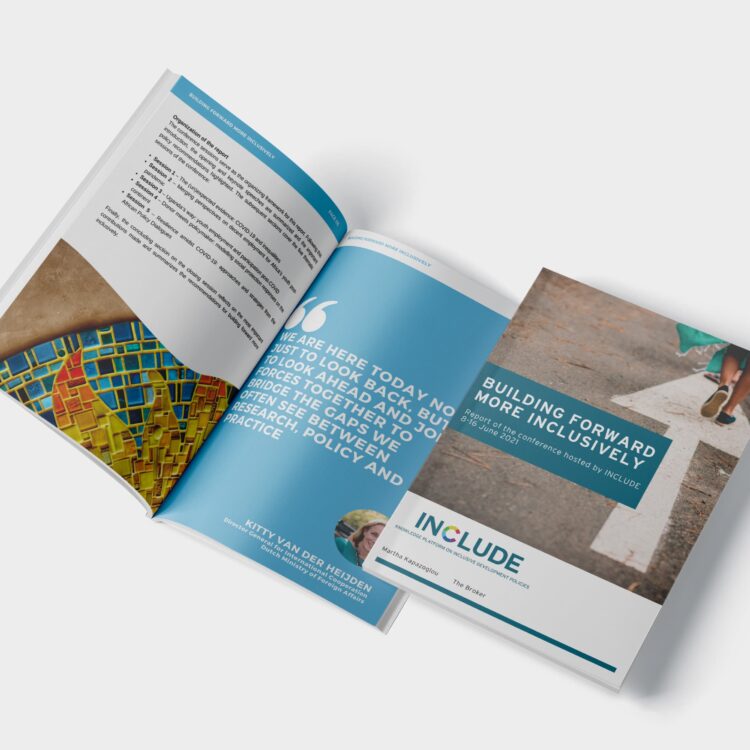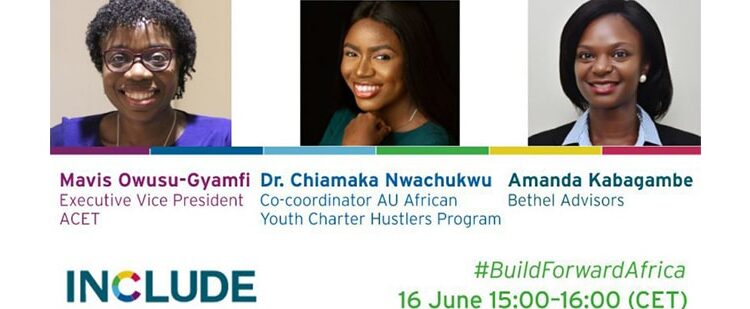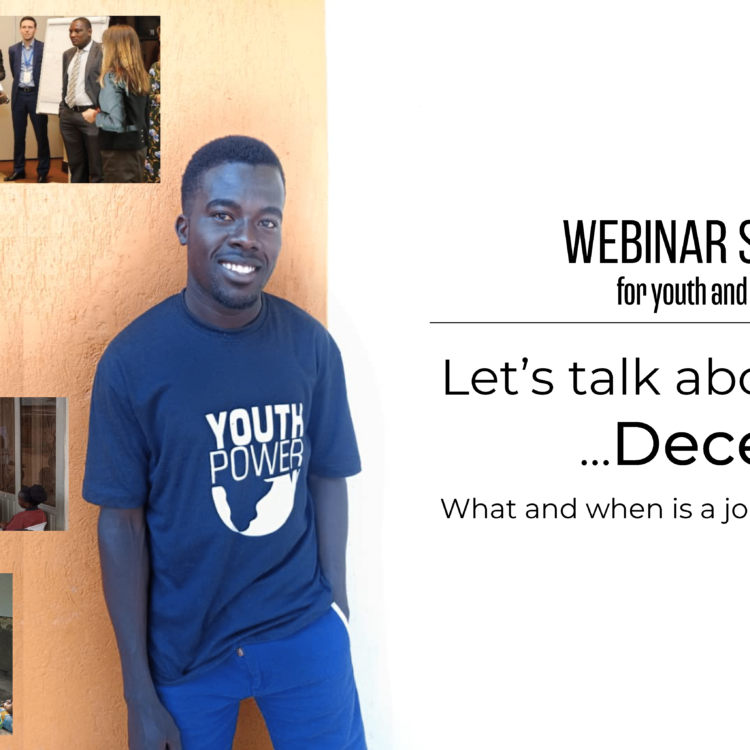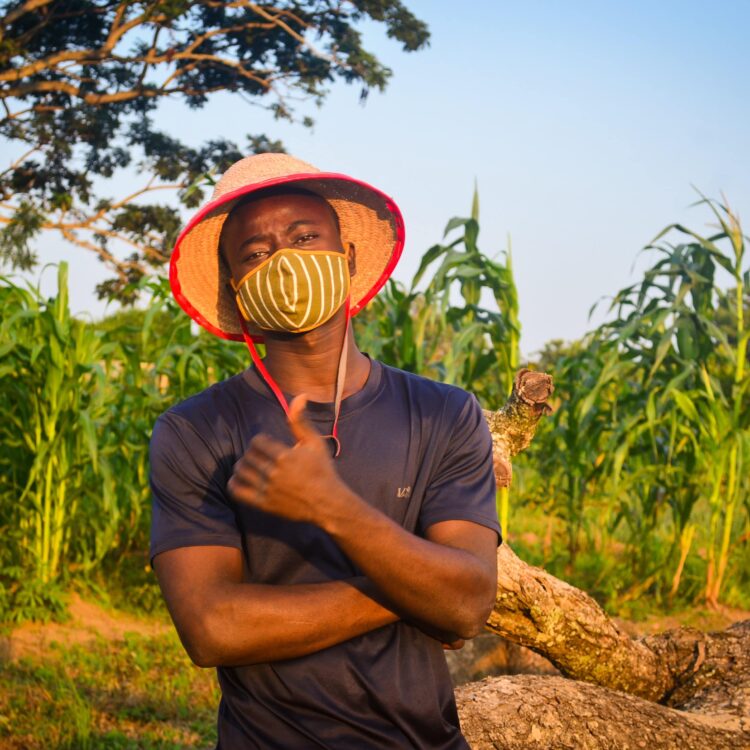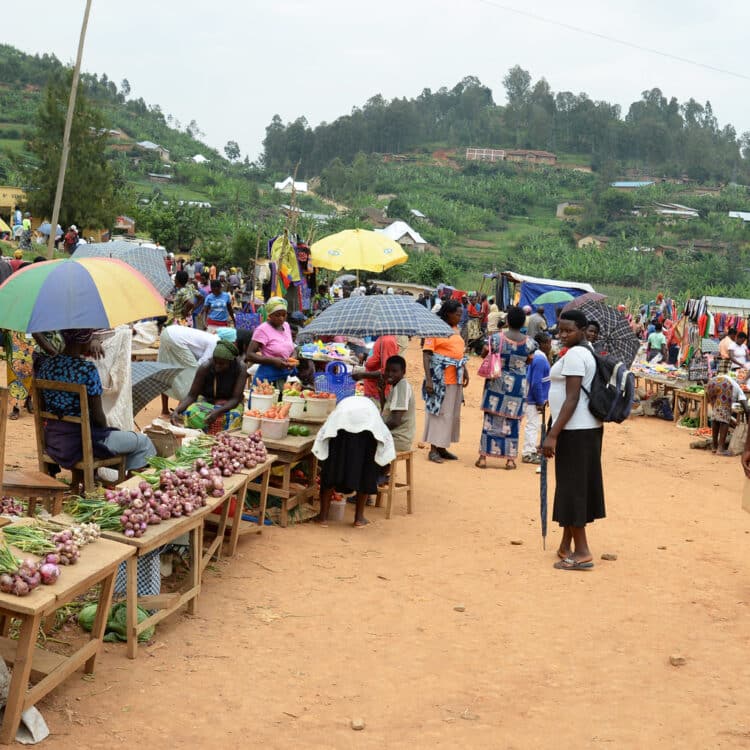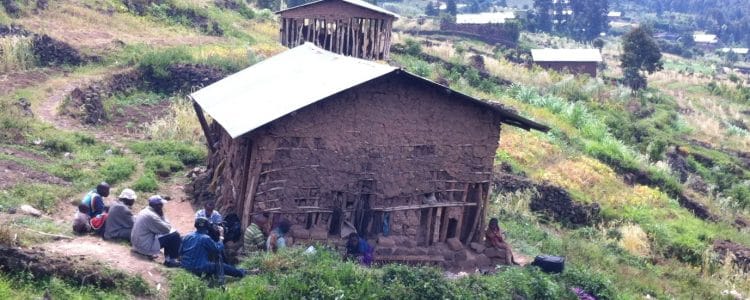
This research project investigates the root causes of the economic and socio-political marginalization of the Batwa people of Rwanda. The main hypothesis is that, while ostensibly a positive acknowledgement of Batwan difference, the framing of Batwa identity within the indigenous discourse by international and national laws and by a variety of actors (including the Batwa leadership, international actors, governmental authorities and other local actors) plays a determining role in their socioeconomic marginalization. Using a qualitative approach, the project seeks to build a complex picture of how Batwa people and strategic actors define Batwa exclusion, needs and aspirations.
In June, the project conducted the first 20 interviews of members of Batwa communities throughout Rwanda. The researchers used a form of dynamic public reflective equilibrium specifically designed for analysing the complexity of societal disadvantage. This method builds on the capabilities approach developed by Sen and Nussbaum in 1993 and understands exclusion as a denial of ‘(genuine) opportunities for (secure) functionings’. The point of departure is the perception of the excluded population themselves. Thus, instead of pre-structuring the needs of marginalized individuals or communities, it invites them to define their own exclusion and rank their needs themselves.
The project developed categories of capabilities specific to Batwa communities in a workshop in Kigali in February 2015. These categories were then refined in a three-day interviewer training. These first interviews allowed us to test and further refine the methodology. We spent an afternoon with our six interviewers in Kigali in June to hear about their experiences of the pilot phase. Some found the conversational style of the interviews easier to create than others and short re-training sessions were conducted for those who needed it. All interviewers experienced practical problems in reaching the isolated communities and these problems will need to be addressed before the next project phase begins. However, all-in-all, the interviewers found the experience to be hugely positive.
We are still analysing the data from the pilot interviews and will present an initial analysis at our October conference in Kigali before an audience of selected strategic actors, academics and members of the Batwa communities. The interviews and the interview process were also filmed and we will debut a short film of the project so far at the October conference. Based on the feedback from this conference, we will further refine the methodology for the second interview phase, which will begin in late November.

